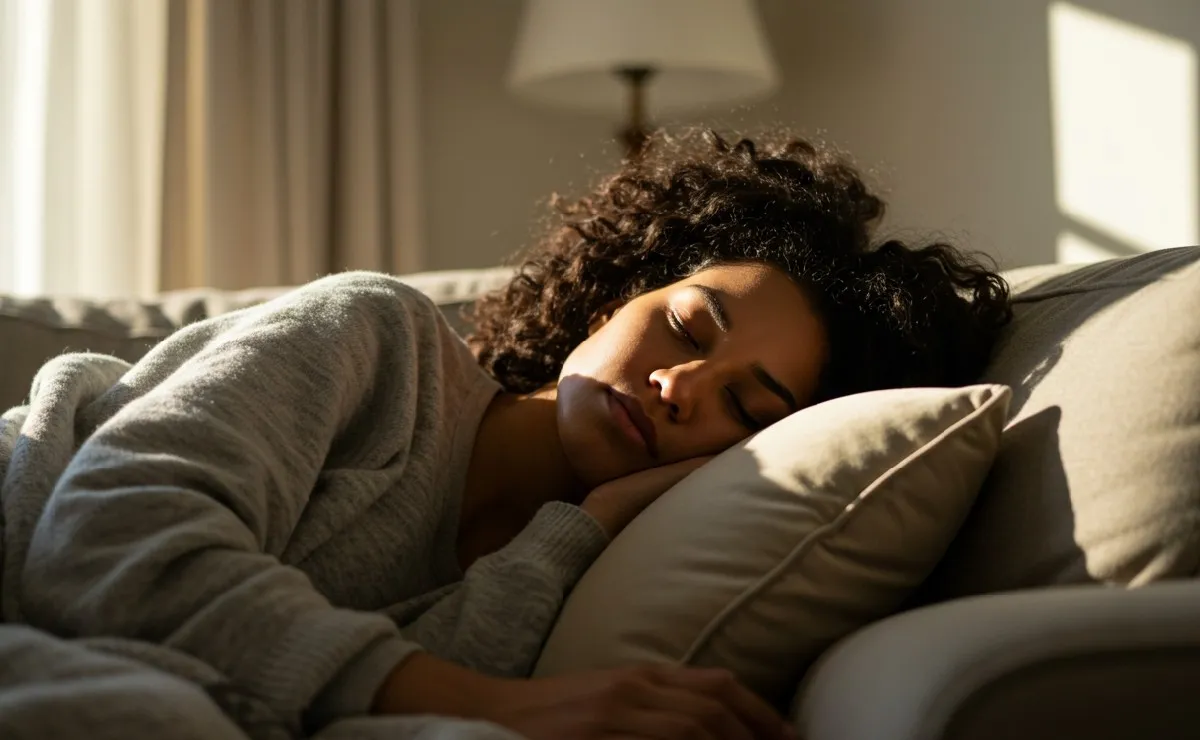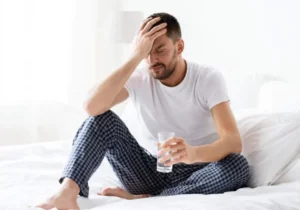Taking a short nap at the right time of day can boost performance and prevent mental fatigue, according to sleep experts.
Taking short naps during the day can be key to improving performance, concentration, and mood. But not just any nap will do: the duration and timing are crucial to achieving real benefits without feeling worse when you wake up.
According to Dr. Aarthi Ram, a neurologist specializing in sleep medicine at Houston Methodist Hospital, a well-planned nap helps combat daytime fatigue, improves productivity, and may even prevent sleepiness-related car accidents.
According to data from the AAA Foundation for Highway Safety, more than 328,000 car accidents each year in the United States are caused by drowsy drivers.
Short nap, more active brain.
Research such as the 1995 NASA study shows that a nap of approximately 26 minutes can increase alertness by 54% and performance by 34%. However, taking too much rest can have the opposite effect.
“The problem with many naps is that if they last longer than 30 minutes, you run the risk of entering a deep sleep phase,” explains Dr. Ram. Waking up during this stage—such as during REM sleep—can lead to what’s known as sleep inertia, a state of confusion and fatigue that can last from half an hour to several hours.
The best time to nap:
In addition to duration, the time of day also significantly influences the effectiveness of a nap. “Going to sleep too early can disrupt your circadian rhythm, and going to sleep too late could interfere with your nighttime rest,” warns the specialist.
The general recommendation is to schedule your nap between 2:00 p.m. and 3:00 p.m., when energy levels naturally drop.
How to take the ideal nap: 3 practical tips
If you want to maximize the benefits of this habit, follow these tips backed by sleep experts:
- Limit your time: Use an alarm to limit your sleep time to 30 minutes or less.
- Create the right environment: Find a dark, quiet place. If that’s not possible, use a sleep mask or white noise headphones.
- Choose the right time: Avoid naps too early or too late; between 2 and 3 p.m. is the optimal time.
Taking an effective nap isn’t just about closing your eyes. A well-planned, short, and well-timed nap can transform your day, improve your mental and physical health, and naturally increase your alertness. If you need extra energy, a smart nap can be as powerful as a cup of coffee.























+ There are no comments
Add yours